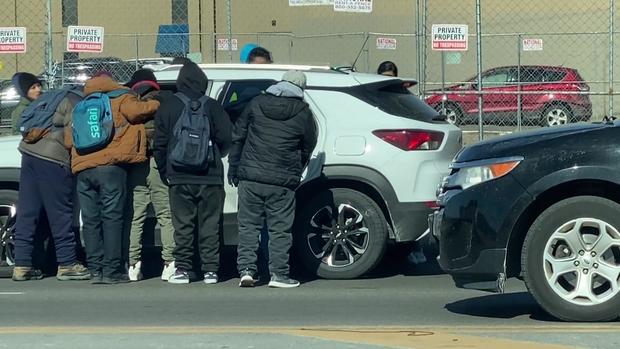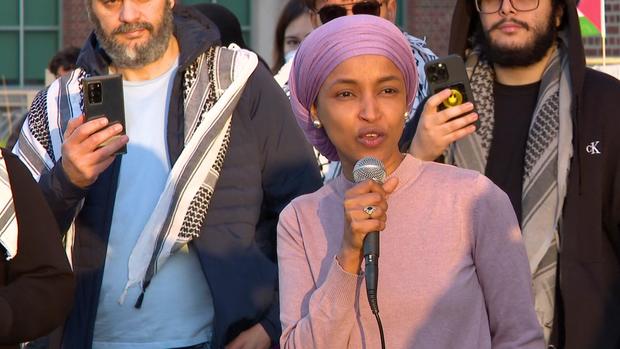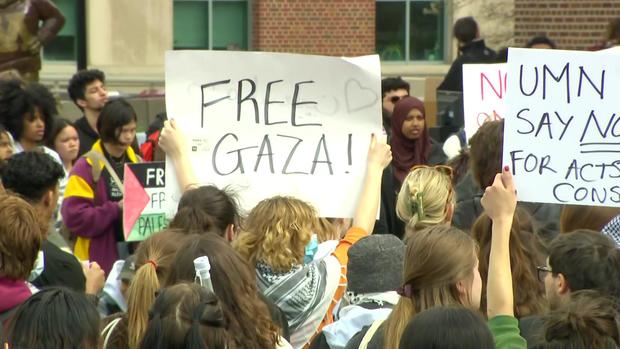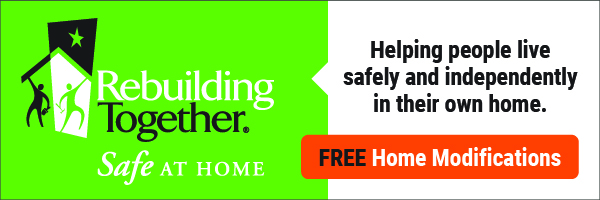This week’s edition covers stories
from April 18th to April 24th, 2024.
Today’s issue is 1048 words, an 8–minute read.
Hi hi, it’s Ebe!
Folks, I’m not gonna lie. These past few weeks I’ve been feeling like Squidward when he was run through that spikey machine on the road in Bikini Bottom. Just “absolutely rinsed” as the Brits say. Mental illness is no joke. If you’ve been feeling this way too, all I can say is that I’m right there with you, brother (I mean that gender-neutrally, of course). As Mac Miller put it: “Forever ain’t today, that’s all I got.”

Immigration Wave of Ecuadorians in Minnesota: Why Aren’t We Talking About it More?

The other day I was driving down Lake Street on my morning commute when I noticed a few groups of people in outdoor camping gear roaming around the chain-link fences by the old K-Mart. Several of them had their thumbs sticking out just like in the movies, and I remember thinking “Wow, I didn’t know people actually did that.” I figured this was nothing unusual as I’ve always seen groups of people hanging out around there. It was only when I got home that I realized who these folks were and why they were seemingly hitchhiking.
Minnesota houses over half a million immigrants, many from Mexico and Somalia, and now it’s seeing an influx of Ecuadorians fleeing danger and seeking asylum. Hundreds of Ecuadorians crowd the Lake Street/Nicollet area every day hoping to find work. But why’s this happening now? The backlog in immigration courts leaves them waiting for work permits, straining local resources. Attorney David Wilson told WCCO that a lack of staffing creates delays and emphasizes the need for political action. While the minimum wage currently stands at $15/hour in the state of Minnesota, immigrants risk their lives working for less and, occasionally, are exploited by employers who take advantage of their status and their precarious situations. Non-profits support these immigrants, but Wilson stresses the need for a systemic solution, including increased court staffing, to address this humanitarian crisis.
What’s currently surprising is the gap in the information about the larger situation at hand. Why are people fleeing Ecuador specifically? Why come all the way up to Minnesota? How did they get here? And why does the media find their struggles at the center of the story of their lives instead of who people are (and what they’re doing to succeed)? Any Google search renders one or two articles, and I’m left wondering: who is filling the gaps?
Pro-Palestine Student Protests and the (Ir)responsibility of the Media.

You’ve probably been seeing lots of headlines about students protesting the Israel-Gaza war at universities, including the most recent one at the University of Minnesota in which 9 people, including a professor, were arrested for trespassing. The protest at the U of M followed two similar protests at Columbia and Yale Universities where protesters were also arrested, including Minnesota Rep. Ilhan Omar’s daughter, Isra Hirsi. Omar even showed up at the campus and addressed protesters on Tuesday evening, commending their courage and determination.
“I am deeply touched by your bravery and resilience as students, demonstrating solidarity and calling for an end to the ongoing genocide in Gaza,” Omar stated over the loudspeaker.
But what exactly were these protests hoping to accomplish? Did these protests just come out of the blue? Why protest at universities? Why is this such a big deal? If you’re like me and don’t always have time to keep up with the news, you might have had these very same questions.To my dismay, I had a hard time finding the answers, which made me curious about how different news outlets were covering this story. To answer the first few questions, these students across the nation did not merely show up with signs of solidarity with Palestine, as the Star Tribune reported, but they came with lists of very specific demands. Some outlets, like Aljazeera were more specific with their coverage, clarifying that students were calling for the universities to divest from corporations that profit from Israel’s war on Gaza, amongst other demands. The biggest question I had that CBS News finally answered after some digging was what companies they were talking about: Lockheed Martin, General Dynamics, Boeing, and Honeywell. My proverbial arms were getting tired from digging this far, but I struck journalistic gold when I read an article straight from the source. Yale Daily News reported:
“Large institutional investors like Yale can buy shares of companies directly, but they can also buy shares of ETFs. An ETF is a fund that reflects the performance of the whole stock market by owning shares in many different companies… As a large institutional investor, Yale is required to file SEC form 13F to disclose its holdings in publicly traded stocks. According to its most recent quarterly 13F filings, Yale has approximately 6,500 shares in an ETF that is invested in Boeing, Lockheed Martin, Raytheon, and other defense contractors. This proves that Yale is “exposed” to weapons manufacturers, but it’s only the tip of the iceberg.“

In other words, the longer the war lasts, the more weapons Israel needs. Demand for weapons means more production. That’s why this is such a big deal. Students strongly believe that their universities are profiting off of the war, and they would, economically speaking, not be wrong. More production equals more money these companies – and in effect, Yale, Columbia, and the University of Minnesota – make.
My issue with covering this story is: why the heck did it take me this long to find the answers I was looking for? Many news stories out there seemed to focus more on the arrests and disarray after the fact instead of thoroughly covering the reason for the protests in the first place. All of this is to say that, as historical events swirl around us on the daily and trending news topics come and go, it’s imperative to not get lost in the drama and in-your-face stuff. In the wake of any major event, be it a global pandemic or political movement, the media’s responsibility to comprehensively report a story becomes paramount; it shapes the public’s response and spark the societal changes we truly need.
Stay informed, stay connected.
See you next week!
-Ebe and the NewPrensa team
Hit play on the Spotify icon below for the NewMusica playlist,
a playlist by the NewPrensa team that brings you NewTaste and NewVibes.
Advertisements



We’re Communications Specialists by day
and rooting for the Timberwolves
by night!
Do you enjoy reading NewPrensa?
Forward it to someone you think may enjoy it too!
Got suggestions, feedback, or a good scoop?
Send it to us at newprensa@newpublica.com or message us on instagram @newprensa
If someone sent this newsletter your way, feel free to subscribe to get local, BIPOC news delivered to your inbox every Thursday morning.





